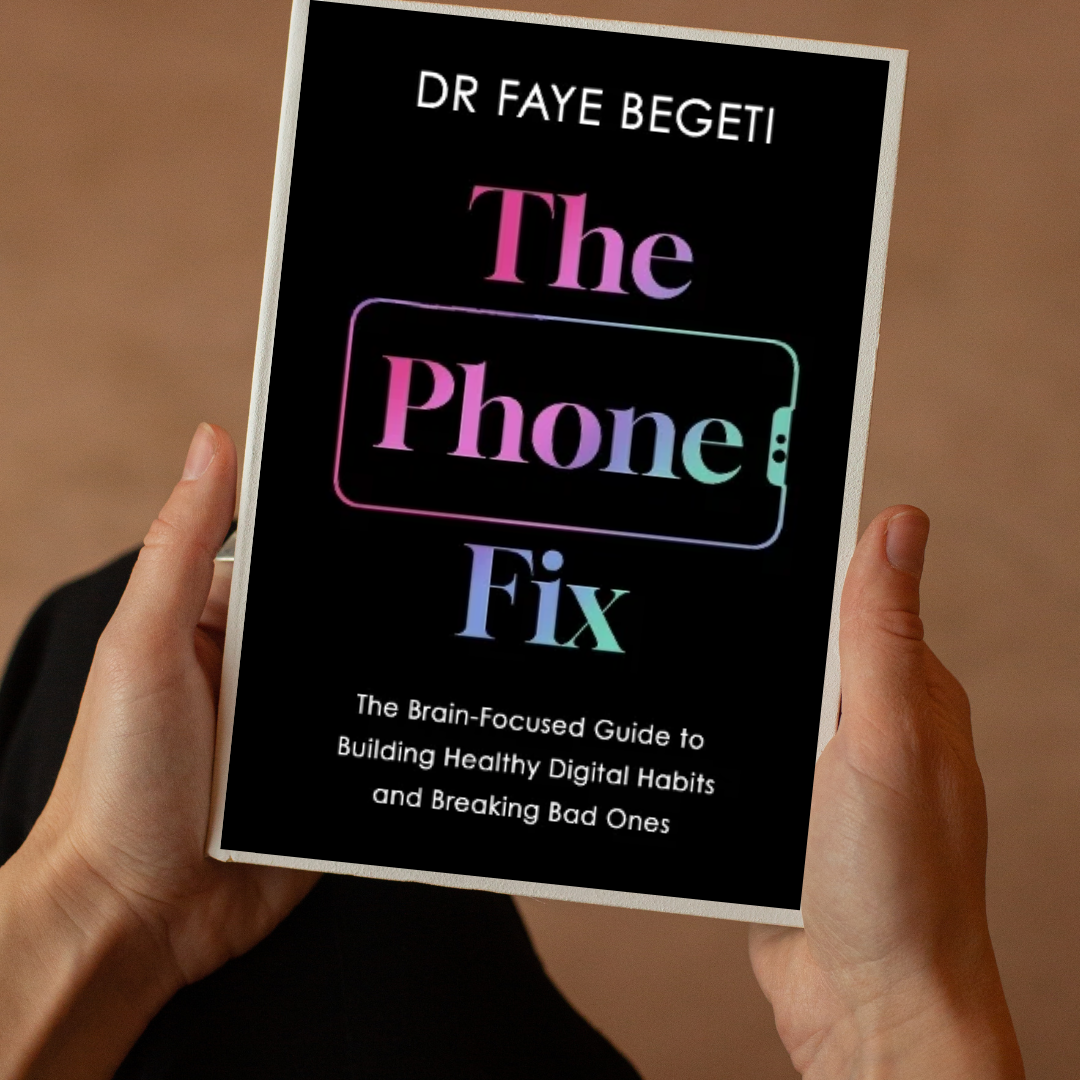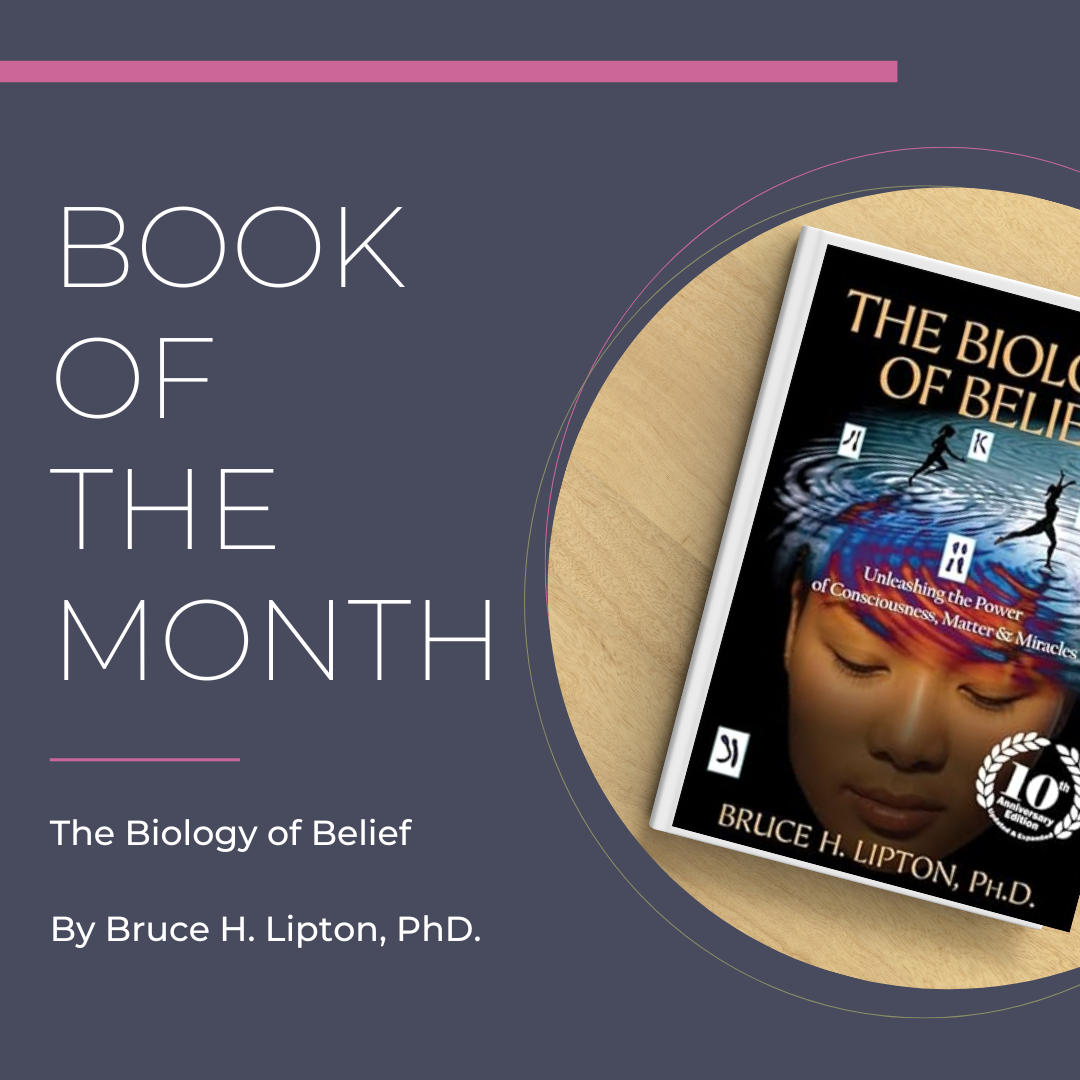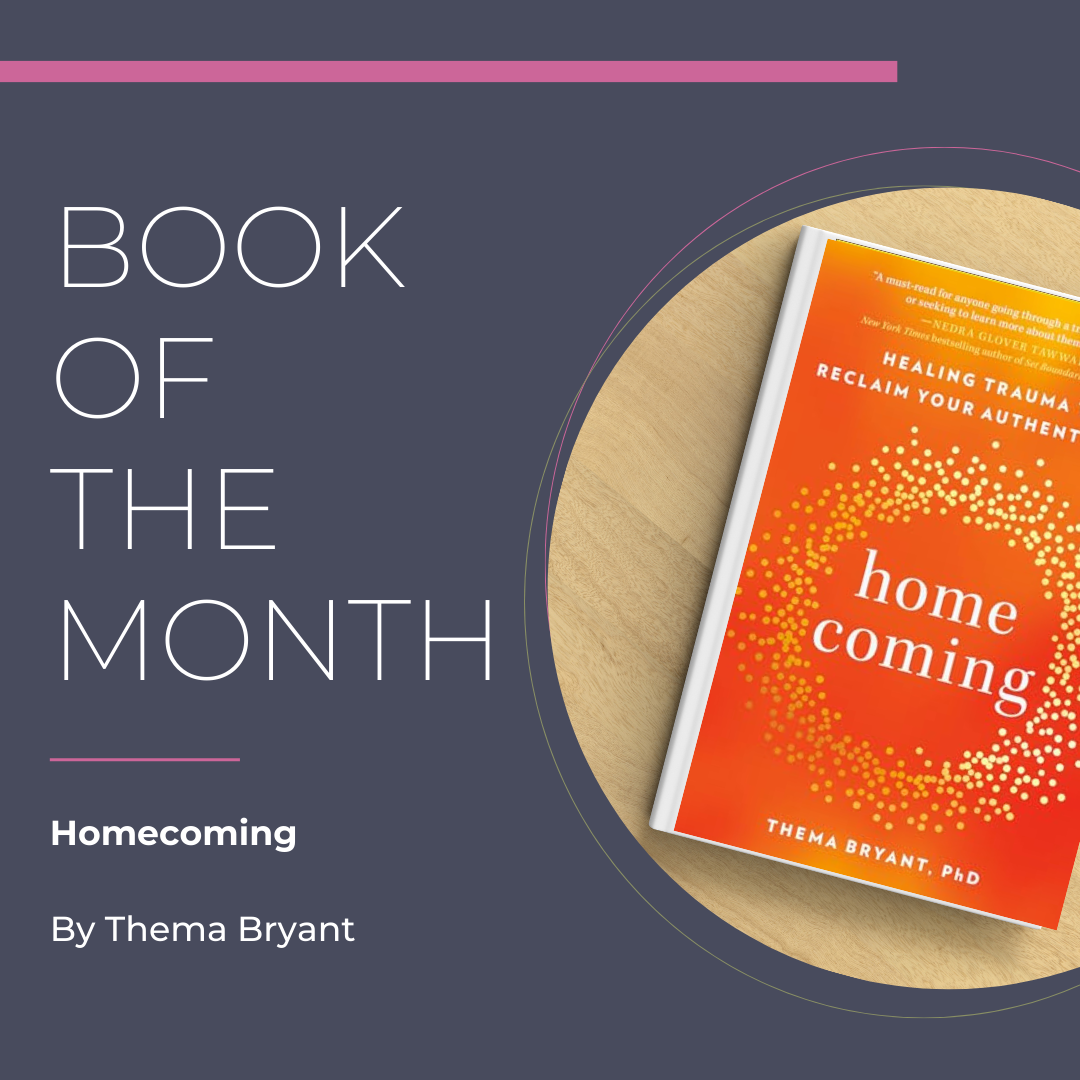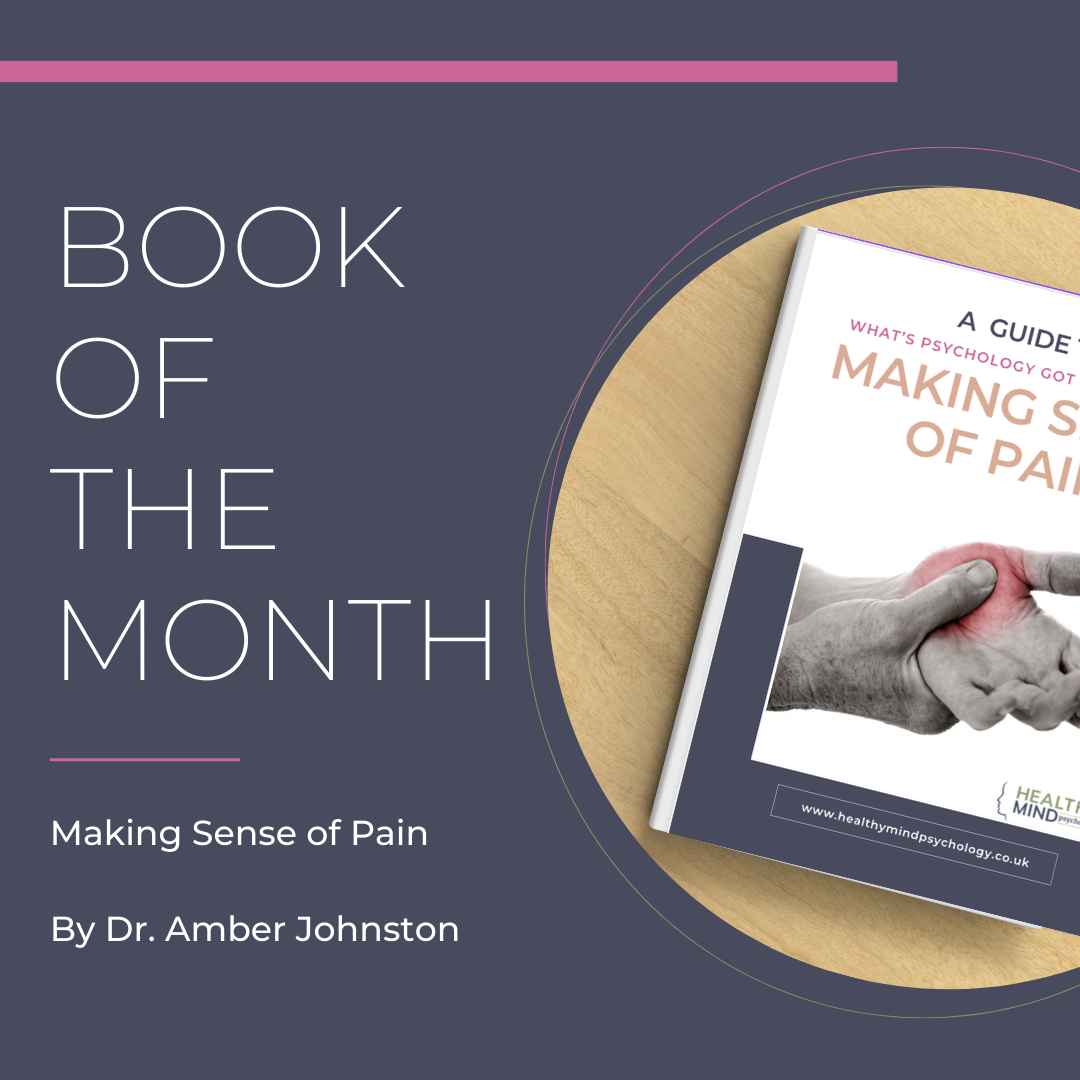Did you know that we spend on average 4 hours a day online? That’s 25% of our waking time!
This equates to the average person picking up their smartphone around 96 times per day … every 10 minutes!
Why are we so tied to our devices? How have we formed these negative device habits? And why are they so difficult to break?
In The Phone Fix, neuroscientist Dr Faye Begeti answers all these questions and more. The book delves into the brain’s mechanisms that drive our digital habits and offers practical strategies for cultivating healthier relationships with our devices.
I’d recommend ‘The Phone Fix’ to anyone seeking to gain a deeper understanding of the neuropsychology behind their digital habits and looking for effective, science-based strategies to improve their relationship with technology.







